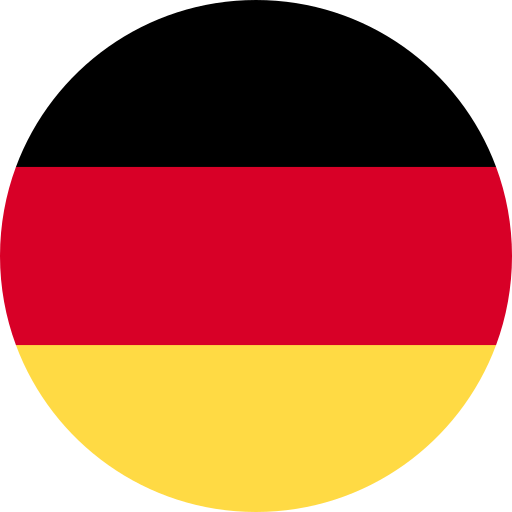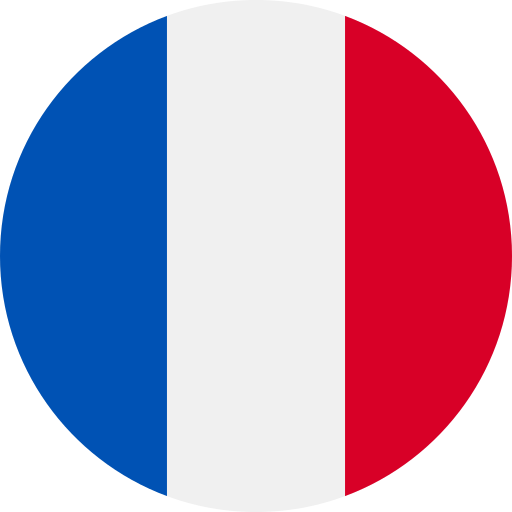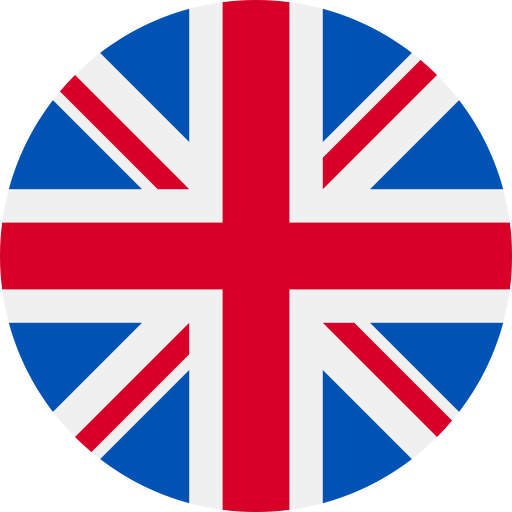The first shopper made from masks
Give old NIKIN fabric masks a second life and join us in setting an example for a genuine circular economy
Buy nowSo that NIKIN fabric masks do not end up in mountains of garbage
At NIKIN, circularity means finding solutions for the valuable recycling and reuse of old, unused materials. Always with the aim of returning materials to the cycle. Our partnership with the German recycling expert TURNS enables us to do just that. TURNS specializes in the fibre-to-fibre cycle and extracts yarns from collected used clothing - whether mono-material or mixed fibres - that can be used for high-quality textiles. Thanks to this innovative recycling technology, we have also been able to breathe a second life into our old NIKIN fabric masks.

Give NIKIN fabric masks a second life
Like a butterfly emerging from its cocoon, our shopper also represents a metamorphosis: once a NIKIN fabric mask, the TreeShopper is now living a second life thanks to the innovative recycling technology from TURNS. By purchasing a TreeShopper, you are not only actively helping to minimize mountains of old clothes, but also giving an old product a second life. In doing so, you always carry the statement of acting in a resource-saving, circular and environmentally friendly way with you.
Buy nowHow the fiber-to-fiber cycle works














